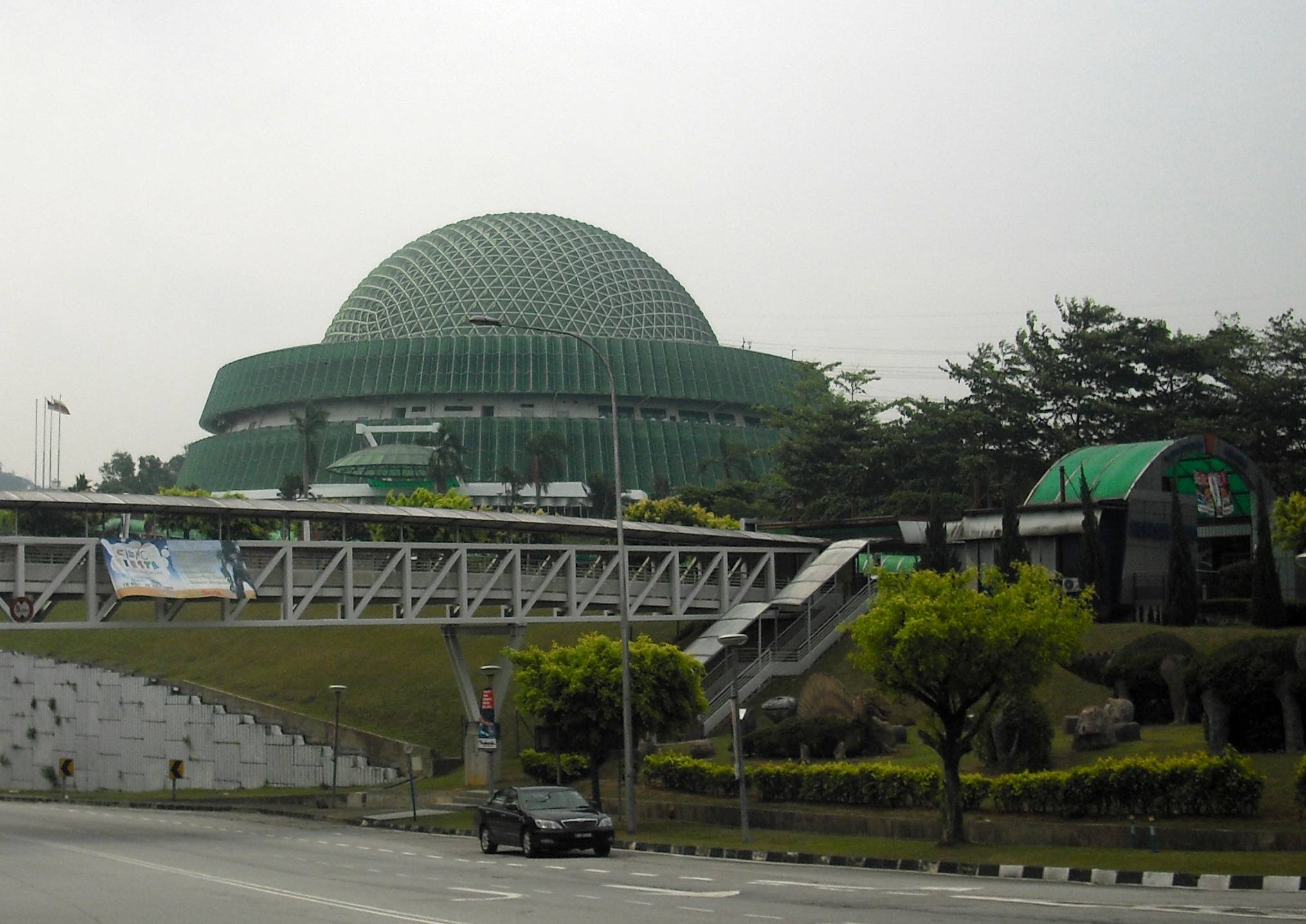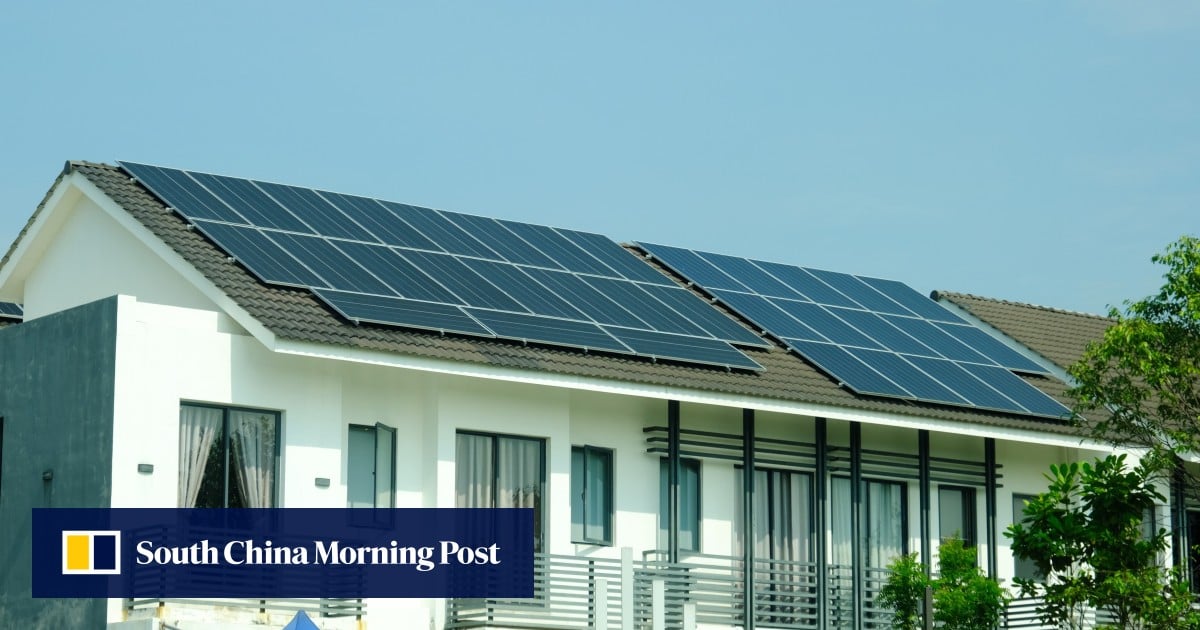- Householders can lease out their rooftops in return for an income that could lower electricity bills and put cash in their pockets, the economy minister said
- A pilot project for 450 homes at a new township is being built by a private developer, which will manage everything at no cost to the government
**Malaysia **
- FOLLOW📷
Joseph Sipalan+
FOLLOW
*Published: 9:05pm, 27 Jul, 2023 *
Malaysia is seeking to raise the nation’s share of renewable energy to 70 per cent of total power generation by 2050. Photo: Shutterstock
Malaysia announced a radical plan on Thursday to lease rooftops to install solar power, as the government seeks to raise the nation’s share of renewable energy to 70 per cent of total power generation by 2050.
The concept is to pay households for their roof space to generate solar energy. It is one of several measures the government intends to implement under its National Energy Transition Roadmap.
The road map “is designed to break the mould and make clean energy a financially relevant option to most households today”, Economy Minister Rafizi Ramli said.
“In every home, we intend to give households the option to lease out their rooftops in return for a monthly income that could lower their electricity bills and put more cash in their pockets,” he said.
Will Malaysia put energy exports to Singapore before its green economy plans?
Malaysia remains heavily reliant on coal and natural gas for its power. Energy from renewable sources accounts for 16 per cent of total electricity generation, predominantly from hydroelectric installations, according to data from the International Renewable Energy Agency.
Solar-power installed capacity accounted for 1,780 megawatts in 2021, under a third of the 6,211MW generated from dams.
Rafizi declined to reveal projections on how much power they expect to harness from rooftop solar installations on the millions of homes across the country, saying that it will depend on how far they are able to convince Malaysians to join the programme.
For now, Rafizi said the rooftop solar programme for residential properties will start with a pilot project at a new township being built on the outskirts of Kuala Lumpur by a private developer, which will manage everything from leasing deals with homeowners to installation and power storage in a self-contained solar ecosystem.
The project is expected to generate an estimated 4.5MW of power across 450 homes in the township at no cost to the government, he said.
Malaysia’s economy minister Rafizi Ramli speaks during the Energy Asia Summit in Kuala Lumpur in June. Photo: Bloomberg
Malaysia’s economy minister Rafizi Ramli speaks during the Energy Asia Summit in Kuala Lumpur in June. Photo: Bloomberg
What we want to focus on in the early part is to allow more of such integrated large scale urban developments to include solar in their whole pricing package,” Rafizi said at a later news conference. “Then it will allow them to look into energy storage solutions (ESS) as well, because it cannot happen without ESS.”
Earlier, Rafizi also announced a deal between national sovereign wealth fund Khazanah Nasional and two private entities to develop a 1 gigawatt hybrid solar photovoltaic power plant, which he described as the “largest of its kind in Southeast Asia”.
Malaysia recently lifted an export ban on renewable energy, as it aims to position itself as a regional leader in the sector. The move allows local companies to develop capacity at scale and fulfil regional demands.
Prime Minister Anwar Ibrahim previously called for more funding for the developing world to help countries achieve their green goals.
Additional reporting by Bloomberg
**CONVERSATIONS
Joseph Sipalan
Joseph Sipalan
- FOLLOW ** Joseph Sipalan has done extensive reporting of Malaysia, specialising in politics and more recently macro-economics. An alumnus of Reuters and several major Malaysian news organisations.
Awesome!
Noice! Like Australia
Awwww yissssssss!





